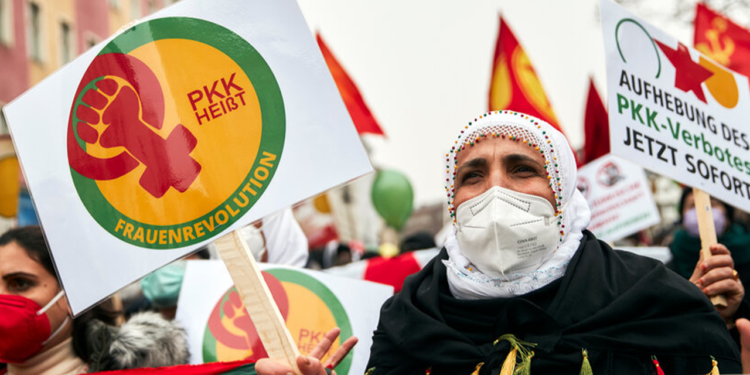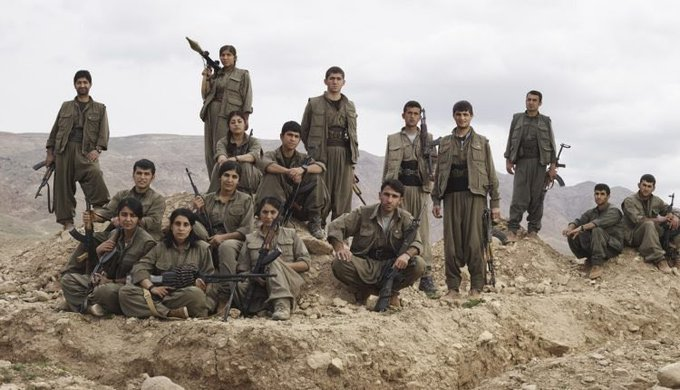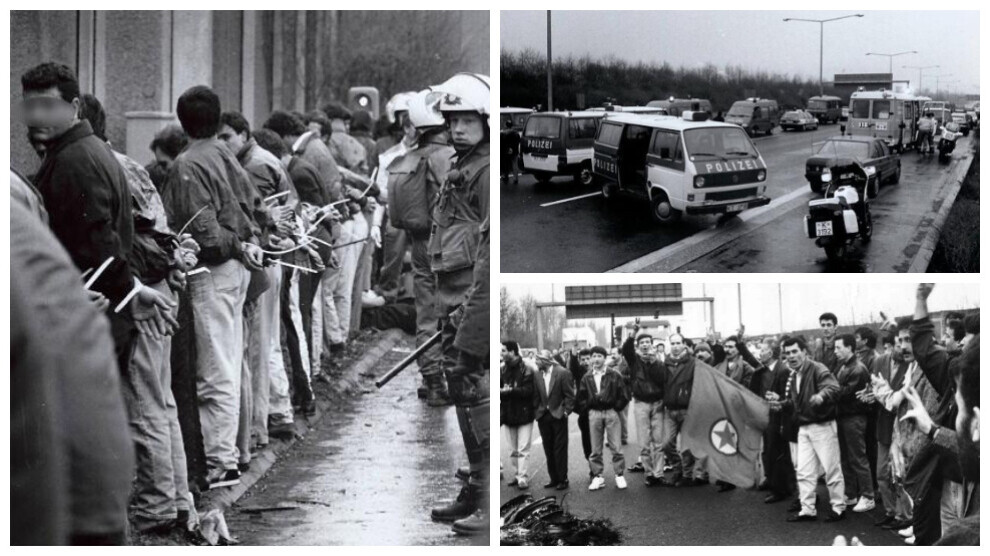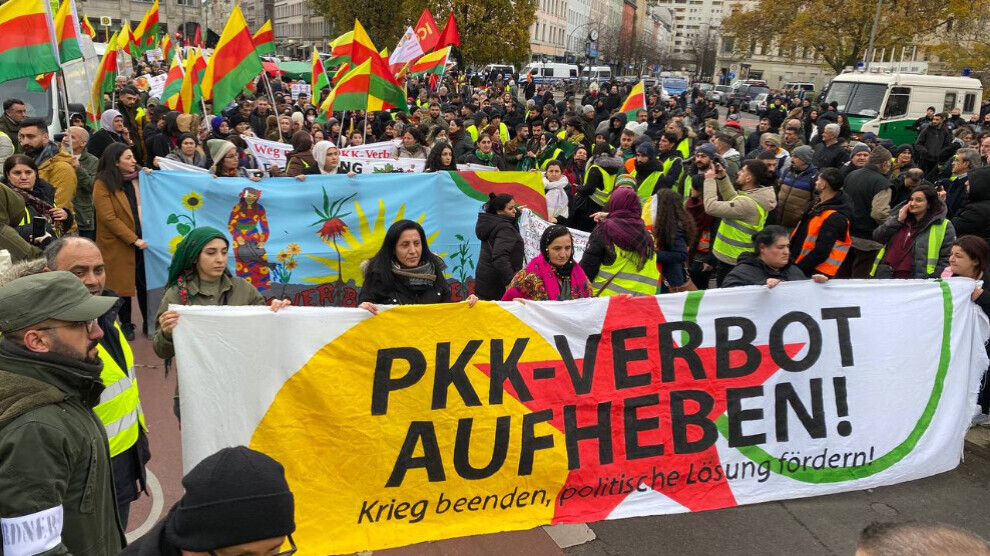Thirty years after the German government’s ban on the PKK, the consequences for the Kurdish community are still in place. Critics say that the ban, initially framed as a security measure, has become a tool of repression that severely limits the political activities and rights of Kurds living in Germany.

With serious consequences for those involved in political activities, the latest developments highlight the ongoing challenges facing Kurds in the country.
Initially framed as a security measure, the ban has become a tool of repression against the Kurdish community in Germany, analysts say. Kurds risk not only imprisonment but also the possible loss of their right to reside in Germany if they become involved in terrorism trials for support and propaganda offences.

There are currently eleven Kurds in criminal or pre-trial detention in Germany, facing prison sentences of up to three years, some of whom are being held in solitary confinement. Even if released, strict conditions remain, including weekly reporting to the police and prolonged bans on political activity. The stakes are even higher for Kurds without German citizenship. They face the additional threat of deportation, expulsion or rejection of their asylum applications.
In January, the Federal Administrative Court upheld the ban on two Kurdish companies, Mezopotamien Verlag and MIR. They were accused of distributing PKK propaganda material and financially supporting the organisation. Critics argue that the move is a form of censorship and a violation of freedom of art, opinion, press and publication.

In 2014 and 2015, particularly after the PKK created a safe corridor for Yazidis fleeing during the Islamic State (ISIS) invasion of Sinjar (Shengal) in northern Iraq in 2014, politicians from different political backgrounds in Germany praised the PKK for its actions against ISIS.
They called for the PKK’s ban to be lifted. Rolf Mützenich, leader of the Social Democrats’ parliamentary group, said: “The PKK belongs to Germany.” However, the current landscape shows a shift, with this call is currently mainly made by the Left and Greens in Germany.
In December 2014, the left-wing party Die Linke submitted a motion calling for an end to the criminalisation of the PKK. The motion called for political steps towards the lifting of the ban, an amnesty, the lifting of prosecutions and the continuation of peace talks between the Turkish government and the PKK. The Association of Democratic Lawyers supported these demands and emphasised the need to end the criminalisation of the Kurdish opposition.

In May 2022, the PKK applied to the Federal Ministry of the Interior to lift the ban. The decision is still pending. However, as the lifting of the ban is seen as detrimental to German-Turkish relations, expectations are that it will be rejected.
A demonstration against the PKK ban was held in Berlin on Saturday. The organisers argue that the systematic policy of repression has not only curtailed basic rights of expression and assembly, but has also left Kurds with a sense of neglect, exclusion and discrimination. They claim that the German state is pursuing a policy reminiscent of the Turkish state. Kurds in Germany are being subjected to methods similar to those in their homeland.
During the demonstration, the participants demanded a re-evaluation of the ban on the PKK and called on the German government to address the grievances of the Kurdish community.
🔶Thousands of Kurds and allies from over 40 German cities gathered in Berlin on Saturday to protest the three-decade-long PKK ban. #DelistPKKnow | #PKKVerbotAufheben | #Germany
🔗https://t.co/dlrFdmtmFP pic.twitter.com/GrXSsEezub
— MedyaNews (@medyanews_) November 18, 2023








Leave A Comment